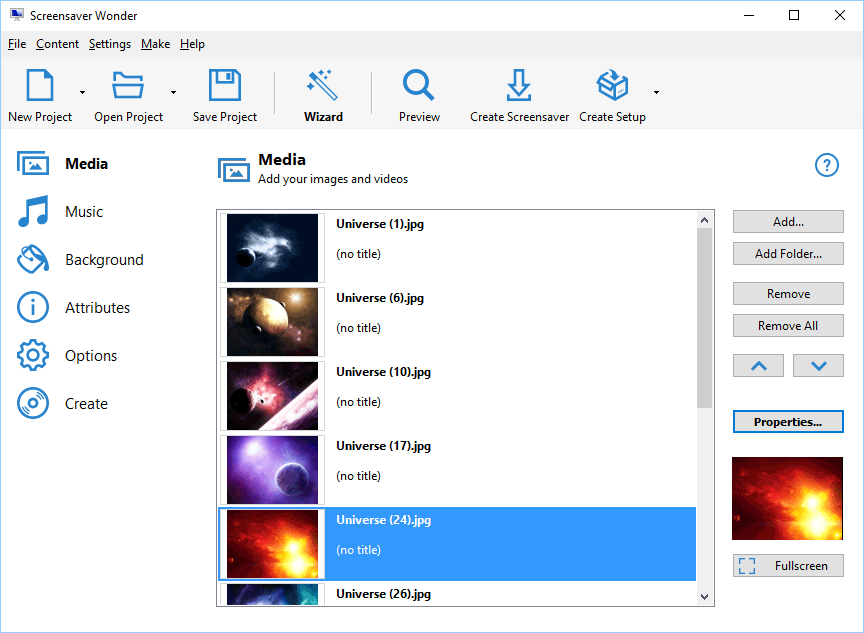:max_bytes(150000):strip_icc():format(webp)/BlueScreen_2624518-3787073afc87474793c9db423dccb891.png)
Step-by-Step Solutions for BSOD Errors in Windows Computers

Common Problems with Receivers Lacking Output - Solutions Inside
You’vecorrectly arranged your new speakers . All the cables have been meticulously connected. Each piece of equipment has been switched on. Then, you hit “play” on the audio source, yet nothing happens. How frustrating!
But don’t toss your remote at the wall just yet. Instead, try these troubleshooting tips to get your brand new sound system up and working.
How to Fix a Stereo Receiver That’s Not Making Sound
This should take around 30 minutes and can be done by anyone with basic receiver knowledge.
- Check the power . Ensure that all plugs are firmly seated in their respective sockets because sometimes a plug can slip out halfway and not draw power. Double-check that wall switches operating any outlets are flipped on.
Confirm that all units in the system, including anypower strips or surge protectors , are able to turn on. If something doesn’t power up, test it with another outlet that you know functions properly.
It’s a good idea to connect equipment to outlets that don’t have wall switches. - Check the speaker/source selection . Many receivers have aSpeaker B switch for adding more speakers . Make sure that the right ones are enabled, and check that the correct source has been selected.
- Check the speaker wires .Inspect and test each of the wires leading from the receiver/amplifier to the speakers, paying close attention to damaged or loose connections. Inspect the bare ends to ensure that enough insulation is stripped off. Also, confirm that thespeaker wire connectors are correctly installed and inserted far enough to make steady contact with the speaker terminals.
- Check the speakers . If possible, connect the speakers to another working audio source to ensure that they still operate correctly. If the speakers still don’t play, they may be damaged or defective. If they do play, reconnect them to the system and continue.
You’ll need a 3.5 mm-to-RCA stereo audio cable to connect speakers that have 3.5 mm or RCA connections, such as a laptop or smartphone. - Check the source components . First, test whatever source component (device) you’re using—such as a CD player, DVD/Blu-ray player, or turntable—with another working TV or set of speakers. If the device still doesn’t play properly, then your problem is most likely with the device.
If all source components are good, connect them back into the original receiver and set them to play some input. Toggle through each input source on the stereo receiver one by one. If the receiver works with some input sources but not others, the cables connecting the component to the receiver could be the problem. Replace any suspect cables and try the original component again.
Causes of a Stereo Receiver Not Making Sound
Silent stereos are usually caused by low power, a wrong source selection, disconnected or faulty speaker wires, broken speakers, or a malfunctioning source component. However, similar todiagnosing a defective speaker channel , troubleshooting a stereo system that’s not producing sound begins by isolating the problem—a problem that usually isn’t revealed until the corresponding fix has been tried. That’s why it’s important to proceed through these troubleshooting steps in the proper order.
The following steps will help guide you through the most common problems. Remember to alwaysturn off the power to the system and components before connecting or disconnecting cables and wires. Then turn the power back on after each step to check for correct operation. Be sure to leave the volume low, lest you blast your ears once the audio is on.
Was this page helpful?
Thanks for letting us know!
Get the Latest Tech News Delivered Every Day
Tell us why!
Other Not enough details Hard to understand
Submit
- Title: Step-by-Step Solutions for BSOD Errors in Windows Computers
- Author: John
- Created at : 2024-08-18 16:50:52
- Updated at : 2024-08-19 16:50:52
- Link: https://techno-recovery.techidaily.com/step-by-step-solutions-for-bsod-errors-in-windows-computers/
- License: This work is licensed under CC BY-NC-SA 4.0.
 EaseText Audio to Text Converter for Windows (Personal Edition) - An intelligent tool to transcribe & convert audio to text freely
EaseText Audio to Text Converter for Windows (Personal Edition) - An intelligent tool to transcribe & convert audio to text freely  With Screensaver Wonder you can easily make a screensaver from your own pictures and video files. Create screensavers for your own computer or create standalone, self-installing screensavers for easy sharing with your friends. Together with its sister product Screensaver Factory, Screensaver Wonder is one of the most popular screensaver software products in the world, helping thousands of users decorate their computer screens quickly and easily.
With Screensaver Wonder you can easily make a screensaver from your own pictures and video files. Create screensavers for your own computer or create standalone, self-installing screensavers for easy sharing with your friends. Together with its sister product Screensaver Factory, Screensaver Wonder is one of the most popular screensaver software products in the world, helping thousands of users decorate their computer screens quickly and easily.